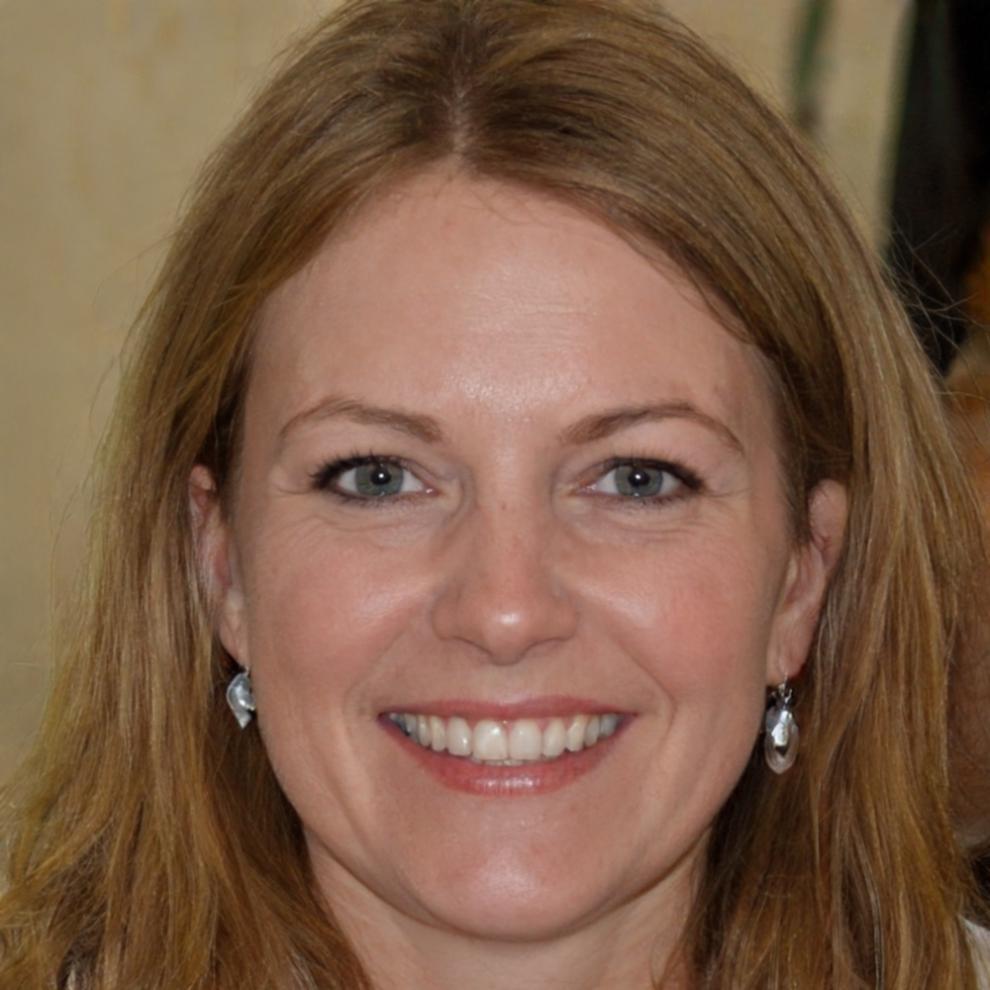What You Need to Know Before Starting
Building an investment mindset isn't something you pick up overnight. Let's talk about what actually matters.
Most people jump into investing with expectations that don't match reality. They see headlines about quick wins and think that's the norm. But here's the thing—sustainable wealth building looks nothing like what you see on social media.
Before you commit to learning about investment strategies, you need to understand where you're starting from and what this actually involves. No fluff. No guarantees about specific returns. Just honest conversations about developing the thinking patterns that support long-term financial decisions.

Linnea Koskinen
Senior Investment Educator
I've been working with Canadians across BC for about twelve years now, helping them shift how they think about money. My background's in behavioral economics, which basically means I focus on why people make the financial choices they do.
What I've learned is this: knowledge alone doesn't change behavior. You can read every investing book out there and still freeze when it's time to actually make decisions. That's why our approach centers on building confidence through understanding your own patterns first.
Who This Is Really For
Our programs work best for people who are willing to examine their relationship with money honestly. That's not as simple as it sounds.
- You're questioning whether you're on the right financial track but don't know what "right" even means for you
- You've tried learning about investing before but found most resources either too technical or too vague
- You're comfortable with not having immediate answers and can sit with uncertainty while you learn
- You want to understand the reasoning behind investment decisions, not just follow someone else's formula
- You're looking at a timeline of years, not months, for developing real competence
If you're seeking guaranteed outcomes or specific percentage returns, this won't be a good fit. We focus on building judgment and perspective that applies across different market conditions.
What Growth Actually Looks Like Over Time
Early Stage Clarity
First 6-8 Months
Darrick Vaillancourt started with us in March 2024. His main struggle wasn't lack of information—it was decision paralysis. Too many options, conflicting advice online, and genuine fear of making costly mistakes.
By November 2024, he wasn't suddenly confident. But he'd developed a framework for evaluating his choices. He could articulate why certain approaches fit his situation and others didn't. That clarity alone changed how he approached financial decisions.
Building Consistency
10-14 Months Later
Around January 2025, Darrick started applying what he'd learned consistently. Not perfectly—there were still moments of doubt and recalibration. But he'd moved from reactive thinking to more strategic planning.
He mentioned that his biggest shift wasn't in the specific investments he chose, but in how he thought about risk and time horizons. Those mental models stuck with him in ways that tactics never had before.
Long-Term Integration
18+ Months
By mid-2025, the concepts had become second nature. Darrick wasn't following a rigid plan anymore—he was adapting based on actual understanding of principles. When market conditions shifted, he could adjust without panicking or abandoning his broader strategy.
He's still learning. That's the point. But now he has the foundation to keep building on his own with confidence rather than constant anxiety.

What Makes Our Approach Different
We don't sell dreams about retiring early or beating the market. Those stories make great headlines but terrible education foundations.
What we do is help you develop what I call "financial discernment"—the ability to evaluate information, recognize your own biases, and make decisions aligned with your actual circumstances. Not someone else's circumstances presented as universal truth.
This means sometimes telling people they're not ready yet. If someone comes to us expecting shortcuts or guaranteed formulas, we're honest about the fact that this won't work for them. Building investment judgment takes sustained effort and genuine self-examination.
Our next cohort begins in October 2025. Applications open in July. If you're considering joining, plan to attend an orientation session first. We want you to understand exactly what you're committing to before making any decisions about enrollment.
The Reality of Time Investment
Our core program runs for eleven months. That's not arbitrary—it's based on how long it actually takes for most people to internalize new ways of thinking about money and see those patterns play out in different scenarios.
You'll need about four to six hours per week. Some of that's structured learning. Some is reflection and practice applying concepts to your own situation. If you can't realistically commit that time, it's better to wait until you can rather than starting and getting frustrated.
We see the best outcomes when people treat this like any other serious skill development—consistent, focused effort over time.
Financial Prerequisites Matter
You don't need to be wealthy to benefit from investment education. But you do need certain financial foundations in place first. If you're dealing with high-interest debt or don't have basic emergency savings, focus there before thinking about investment strategies.
This isn't gatekeeping—it's practical sequencing. Investment mindset development works best when you're not operating from financial crisis mode. The mental space required for strategic thinking just isn't available when you're worried about covering next month's rent.
If you're unsure whether you're financially ready, our orientation sessions include an honest assessment framework.
Emotional Readiness Gets Overlooked
Here's something most programs won't mention: your emotional relationship with money matters more than your analytical skills. I've seen brilliant people struggle because they couldn't separate their self-worth from their portfolio performance.
Part of what we explore is how your background, family messages, and past experiences shape your financial behavior. That can be uncomfortable. Some people find it incredibly valuable. Others find it irrelevant to what they thought they were signing up for.
If you prefer purely technical instruction without the psychological components, there are other programs better suited to that preference. We're upfront about integrating both because that's what actually creates lasting change in decision-making patterns.
Ready to Explore What This Could Look Like?
We're not asking you to commit to anything yet. Start with understanding what we actually offer and whether it aligns with what you're looking for. Our learning program details walk through the structure, approach, and expectations in depth.